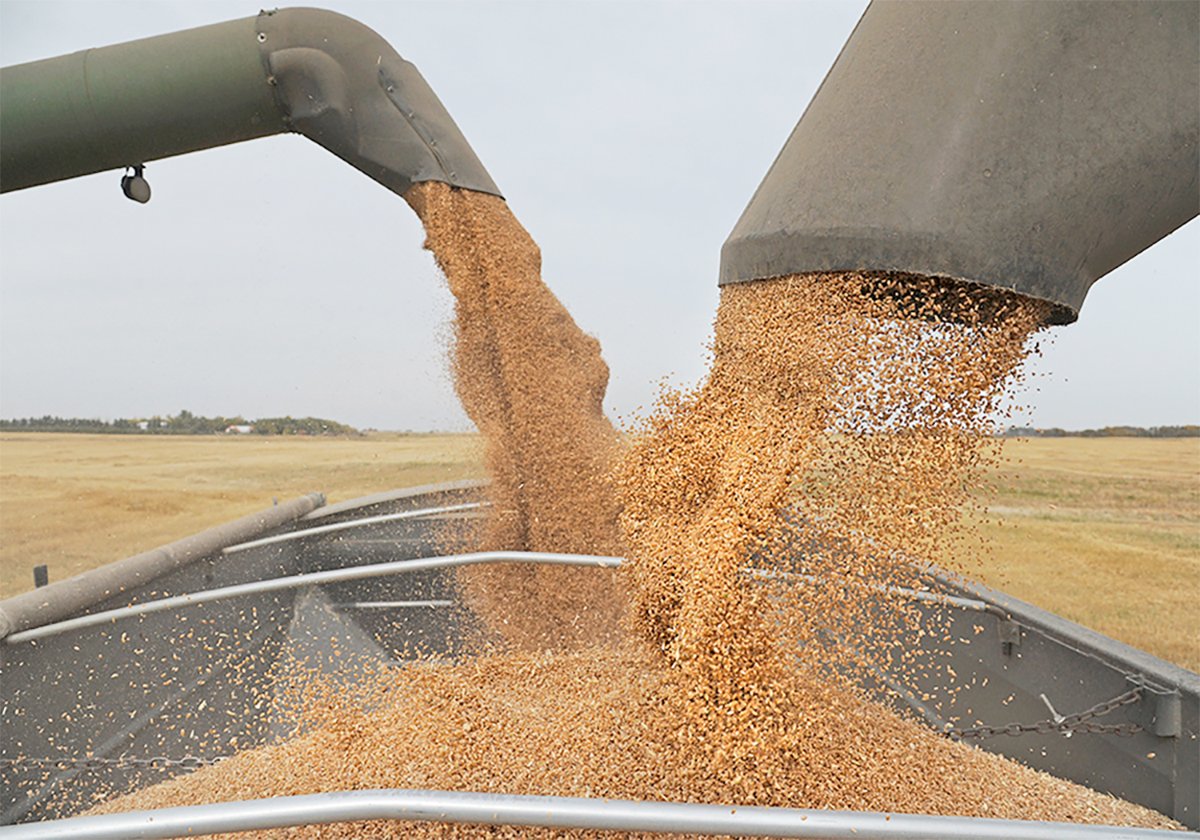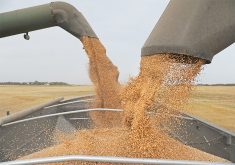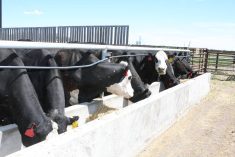June offers the Canadian government the possibility of two chances to strut its stuff on the world stage over issues of concern to Canadian farmers – world hunger, high grain prices, biofuel and world trade.
Early indications are that reviews and results of the Conservatives’ performance will be decidedly mixed.
First up is the United Nations Food and Agriculture Organization meeting in Rome to discuss the increasingly urgent issue of the impact of world food price increases on the poor and hungry, as well as the role played by biofuel industry feedstock demands.
Read Also

Agriculture productivity can be increased with little or no cost
There’s a way to enhance agricultural productivity with little or no cost. It doesn’t even require a bunch of legislative changes.
The meeting has taken on a greater sense of crisis as aid workers warn of growing hunger, food riots are reported and political instability grows.
FAO director general Jacques Diouf has called it one of the most important food conferences in decades and he has urged governments to send the highest-level delegation possible with a mandate to pledge help and change policy, if necessary.
As many as 40 heads of state or government say they will attend, including the leaders of France, Brazil, Japan and Italy. The United Nations secretary general will attend.
The United States delegation is led by agriculture secretary Ed Schafer.
And Canada? Well there are budget votes in the House of Commons this week so no government member will lead the delegation.
Instead, FAO ambassador Alex Himmelfarb, once Ottawa’s top civil servant, will lead what has to be described as a low-level delegation.
Himmelfarb presumably will repeat bromides about Canada’s deep concern about the world’s hungry and its generous support for aid and development. It will be interesting to see if he promotes, explains or ignores the Canadian government’s full-speed-ahead approach to biofuel development.
Policy of this type is drawing increasingly harsh criticism from the UN and its agencies, senior international economists and many developing world leaders.
Agriculture minister Gerry Ritz’s response has been to suggest the critics, no matter how exalted, simply do not understand that Canada’s small biofuel industry has no impact on world hunger.
It could be a hard sell in Rome.
It could be even tougher sledding a few weeks later in Geneva if a rumoured ministerial meeting is called to try to seal a new world trade deal.
It would be a deal that would present Ritz and trade minister David Emerson with an almost impossible dilemma.
As last week’s meeting of federal-provincial agriculture ministers illustrated, with a square-off between Saskatchewan and Alberta on one side and Quebec and Ontario on the other, Canada’s attempt to protect sensitive domestic industries while winning more access for exporters has created irreconcilable camps.
The government would have no choice but to sign a WTO deal that the majority of broader economic players support, but it would be at a huge political cost for the Conservatives in supply management-supporting areas including voter-rich Central Canada.
Ritz would have the task of devising a plan the would soften the blow for dairy, poultry and egg producers while facing a constant barrage of accusations that the Conservatives had broken their word.
It is a meeting Ritz probably hopes he never has to attend.














